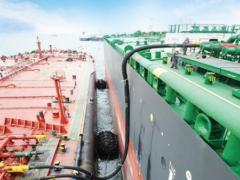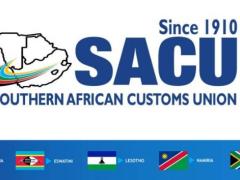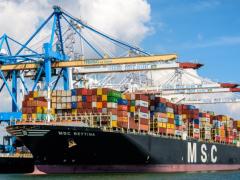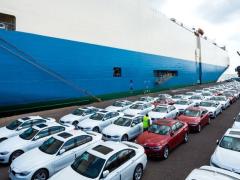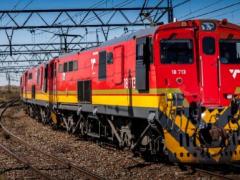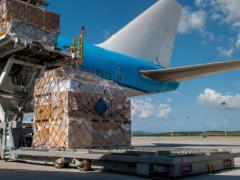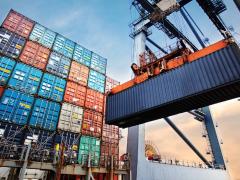Namibia is rapidly emerging as a key player in Africa’s energy and infrastructure landscape, attracting growing interest from global investors. According to Kevin Melnick, managing director at Pentagon Freight Services, the country is increasingly being seen as “the Guyana of Africa”, thanks to its openness to business and the breadth of opportunities across sectors like oil and gas, renewables and mining. “We’re seeing increased opportunities in virtually everything,” said Melnick. “Namibia is open for business and finding ways to attract investment. The big players are already there, bringing in senior personnel with deep expertise and upskilling local talent on the ground.” Project activity in Namibia is gaining momentum, especially in oil and gas, driven by the government’s efforts to grow the sector through regulatory reforms and the creation of a more business- friendly environment. “A lot of experienced professionals from South Africa are relocating to Namibia and sharing their knowledge,” Melnick added. “It’s a model that’s working – local teams are being trained and quickly catching up, creating a solid foundation for long-term growth.” This is welcome news for the project cargo sector, which has been seeing a steady increase in volumes across the region, driven by rising investment in energy and infrastructure developments. “We’re seeing strong momentum for project cargo across the region, particularly in countries like Namibia, where infrastructure is expanding, ports are being upgraded and dedicating berths to the sector, and major players are actively investing,” said Melnick. “With many financial investment decisions now moving forward, the outlook for project logistics is very positive.” He said it was not only developments in oil and gas that were being watched. “Renewable energy is another area experiencing strong growth, with projects under way across southern Africa. At the same time, demand for critical minerals is also driving increased activity and investment.” Asked about local project cargo opportunities, Melnick said volumes in South Africa had also increased steadily, but the sector continued to face challenges. “Progress is being held back, especially in mining and oil and gas, due to regulatory delays and legislative hurdles,” he said. “There’s huge potential, but until some of these policies are clarified or reformed, it’s difficult for investors to move with confidence.” Melnick also pointed to ongoing trade tensions, particularly between the US and its global partners, as a factor slowing investment decisions in the region. Companies are more cautious," he said. “They’re hesitant to commit fully or move quickly on investments in Africa, even though the opportunities exist. Business is buoyant, but decisions are taking longer because of global uncertainty.” LV
Activity in Namibia gains momentum
Comments | 0



